BILLY ECKSTINE
-
March 6
1857—Perhaps the most thoroughly racist decision ever rendered by a U.S. Supreme Court is released on this day—the Dred Scott decision. Scott and his wife, Harriet, had sued in St. Louis Circuit Court claiming they were free because their slave master had taken them from a slave state to the free territory of Missouri. However, in a majority opinion written by Chief Justice Roger B. Taney the court ruled: 1) Blacks, be they slave or free, were not and could not be U.S. citizens and thus were not entitled to file suit in U.S. courts, 2) Denied Congress the power to restrict slavery by declaring the 1820 Missouri Compromise unconstitutional, 3) Declared that where the Constitution said, “All men are created equal,” the phrase did not include Blacks, and 4) Told African Americans that they “had no rights the White man was bound to respect.”
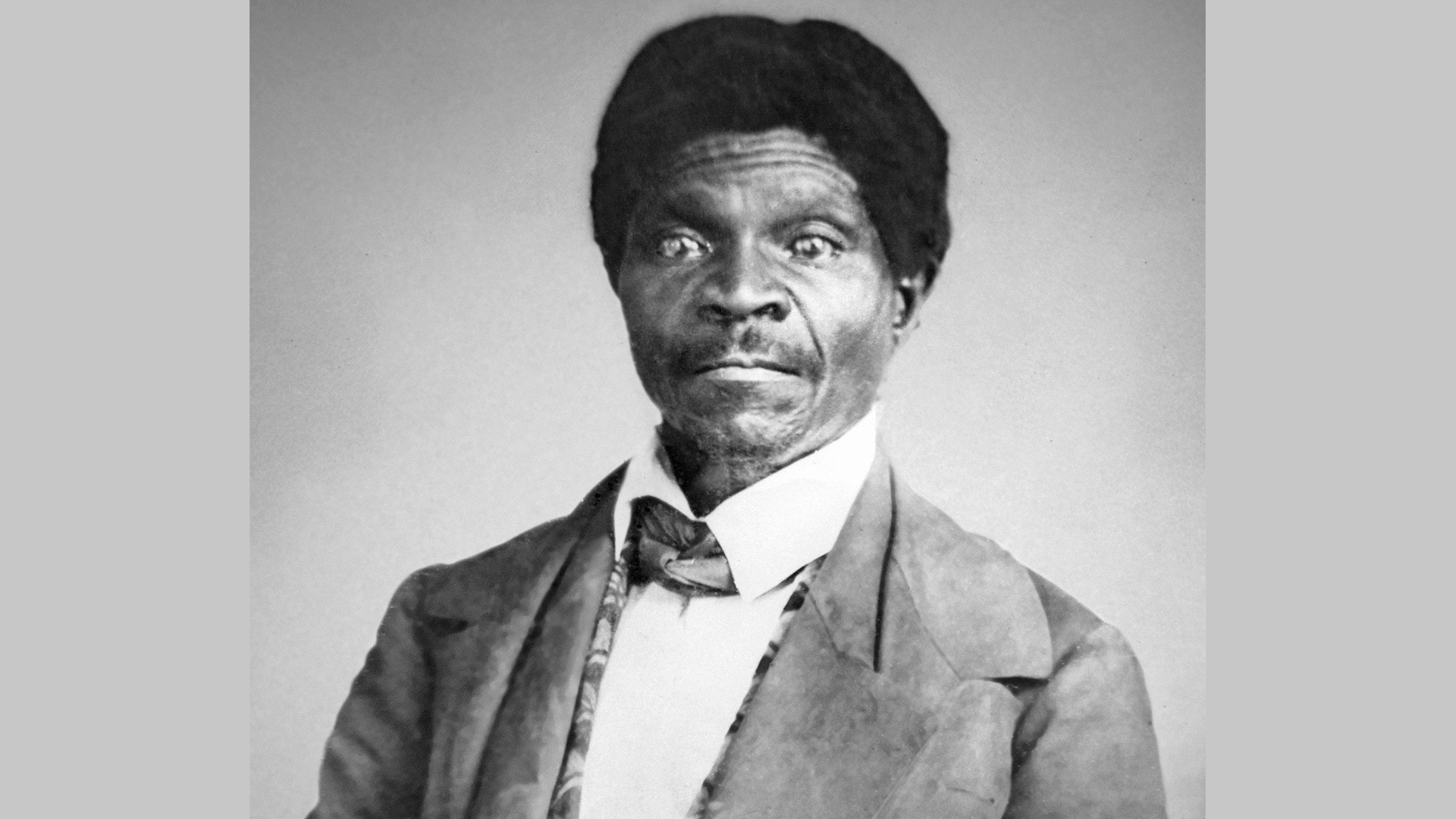 However, reflecting the law of unintended consequences, the Dred Scott decision was so harsh and so angered anti-slavery forces that it helped pave the way for the Civil War which ended all slavery in America.
However, reflecting the law of unintended consequences, the Dred Scott decision was so harsh and so angered anti-slavery forces that it helped pave the way for the Civil War which ended all slavery in America.
-
March 7

1539—This is probably the day Estevanico—the first Black conquistador—was killed. Estevanico, a Black Moor from Morocco, was sold as a servant when he was only 10 but became friends with his owner Andres de Dorantes and joined a 1527 expedition of 300 men from Spain looking for riches in what would later become the U.S. state of Florida. All but four members of the expedition were wiped out by the Indians they tried to conquer. Estevanico was among those who survived. He was held captive for five years but became a “medicine man” and learned the languages of various tribes. He eventually escaped and in February of 1539 led an expedition to Culiacan, Mexico looking for one of the fabled lost city of gold—El Dorado. It was doing this expedition that he was killed.
1965—On this day in Black history, the first leg of the Selma-to-Montgomery march is completed as thousands joined Rev. Martin Luther King Jr. in protesting racial injustice in Alabama. An earlier attempt to complete the march had been disrupted by a police attack. The Alabama National Guard was federalized and U.S. Army troops were called in to protect the marchers. It was shortly after this march that a White female supporter of the civil rights struggle, Viola Liuzzo, was shot and killed by Ku Klan Klan-style terrorists opposed to civil rights for Blacks.

1997—Former Jamaican Prime Minister Michael Manley dies. Manley is perhaps best known for his brand of democratic socialism and attempting to organize Caribbean and African nations into a bloc to press for better prices for their raw materials.
-
March 8
1977—Henry L. Marsh III is elected the first Black mayor of Richmond, Va. Before becoming mayor of the capital of the old confederacy, Marsh had made a name for himself confronting the city’s White power structure as a civil rights attorney. He also served in the state senate.
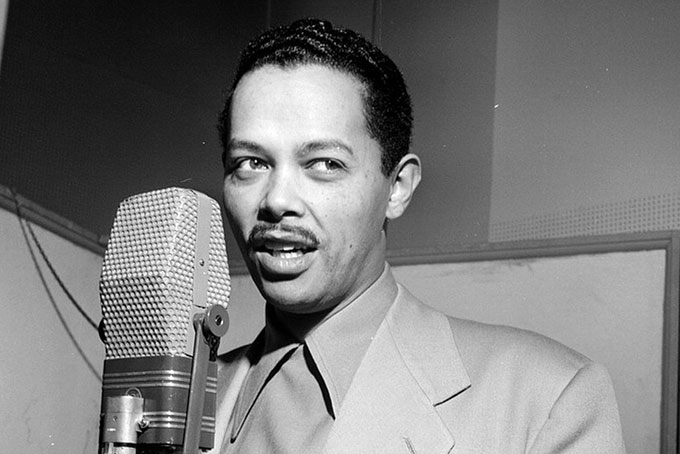
1993—Jazz great Billy Eckstine dies at 78 in Pittsburgh, Pa. Eckstine came to fame in the 1940’s and 1950’s as a singer and bandleader who worked with some of the greatest names of the era including Louis Armstrong and Lena Horne. He was one of the greatest influences upon modern Jazz and B-bop. Among his best known ballads were “Everything I Have Is Yours,” “Blue Moon,” “Caravan” and “That Old Black Magic.”
-
March 9
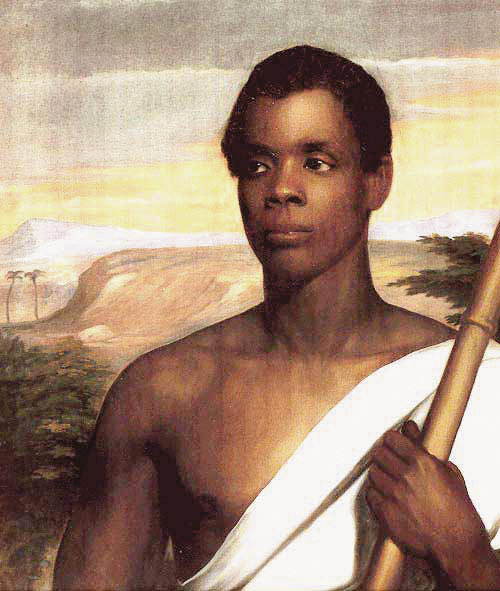
1841—The U.S. Supreme Court rules that Joseph Cinque and his fellow mutineers are free men. Along with several of his Mendi tribesmen, Cinque, son of an African king, had been captured and sold into slavery. But in 1839, he led a revolt on the Spanish slave ship Amistad, killed the captain and seized control of the ship. However, a U.S. military ship seized the Amistad off the coast of Long Island, New York. The seizure led to protracted court battles in which Cinque and his men were charged with murder. But in an unusual ruling for its day, the high court held, in effect, that the men had a human right to try to escape bondage and allowed them to return to Africa.
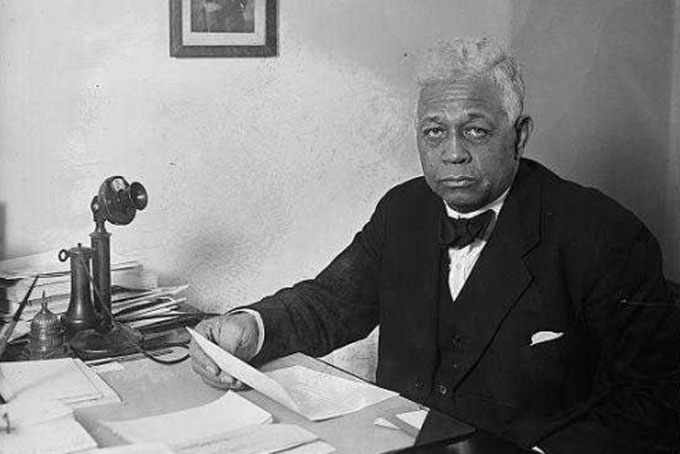
1871—Noted Black politician Oscar De Priest is born in Florence, Ala. After moving to Chicago, he becomes a major political force in the city serving on the board of commissioners and then on the city council (1915-1917). However, De Priest became a national political figure when he was elected to the U.S. Congress in 1928. Throughout his years of political service he was known as “a persuasive agent for the Black masses.” He died in 1951.
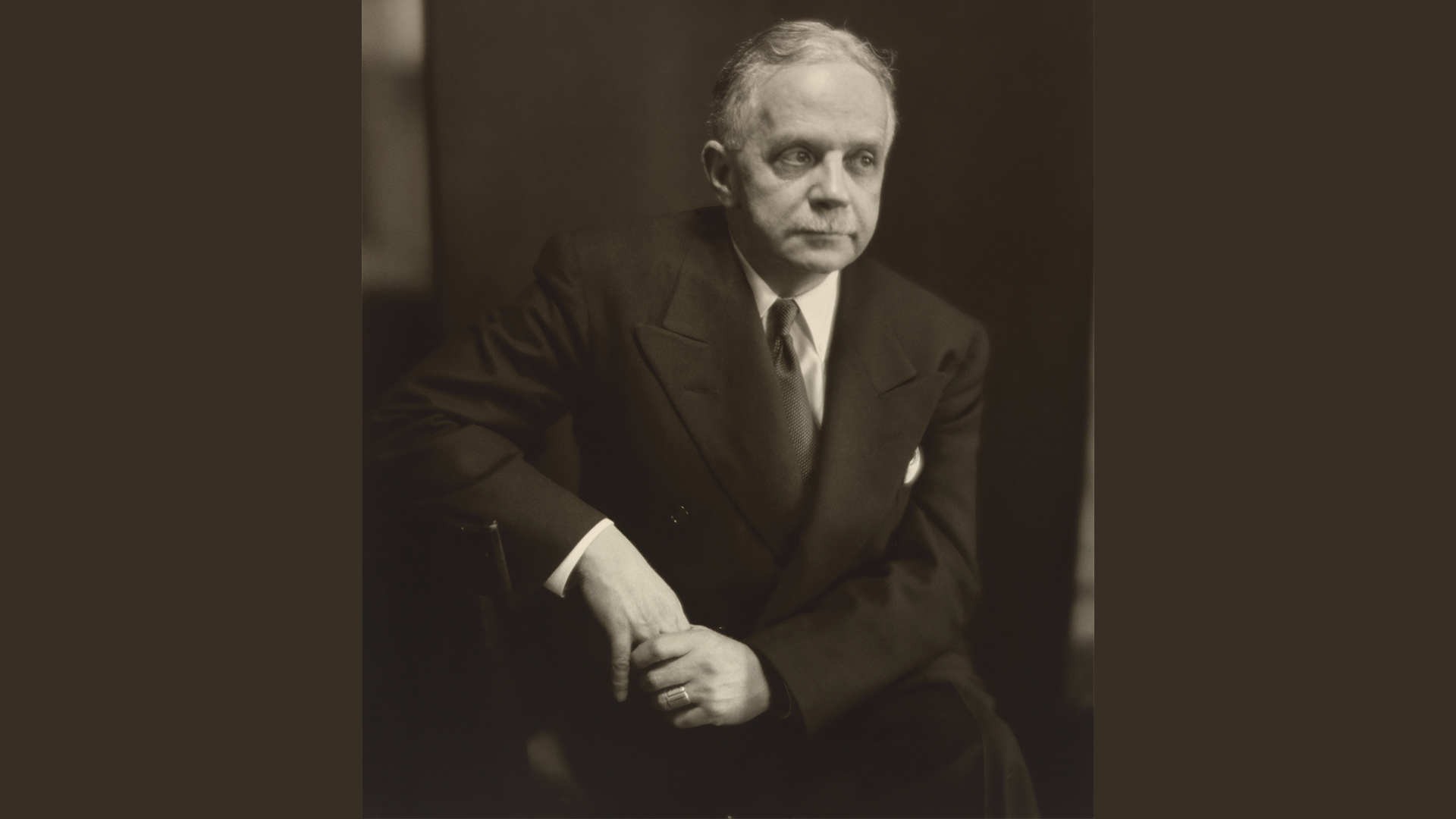
1931—Walter F. White is named executive secretary of the NAACP. The Atlanta, Georgia-born White was arguably the most devoted and determined person ever to head the civil rights organization and was easily one of the top Black leaders of the first half of the 20th century. The light-complexioned and blue-eyed White also became a legend in 1919 when he “passed for White” in order to investigate a race riot in Elaine, Ark., which had left over 100 Blacks dead. He barely escaped with his life when news leaked out as to who he was. A train conductor, thinking he was White, is said to have joked with him saying, “You’re leaving too early. The fun is about to start. The boys are going to lynch a yellow Nigger passing for White.”
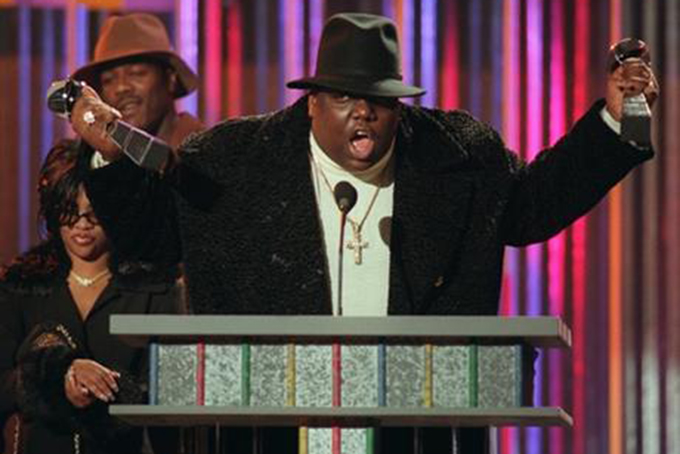
1997—Rap artist The Notorious B.I.G. (Christopher Wallace) is shot to death in Los Angeles, Calif., as a result of an alleged east-coast-west-coast dispute in the Rap music industry. The killing has never been solved criminally. But a civil suit in Los Angeles federal court accused two rouge Los Angeles police officers of arranging the drive-by shooting that led to his death.
-
March 10

1913—The “greatest conductor of the Underground Railroad” Harriet Tubman dies on this day in Auburn, N.Y. Born in slavery in Dorchester County, Md., in 1819 or 1820. Harriet was a person of strong wild and principle. For example, at age 12 she received a severe blow to the head from a White overseer when she refused to help tie up a slave who had tried to escape. Around age 30, fearing she was about to be sold into the Deep South, Tubman escaped to Canada. But she returned to Maryland on numerous occasions helping family members and over 300 other slaves escape to freedom via the Underground Railroad. She frequently threatened to shoot any slave who became frightened and wanted to turn back.
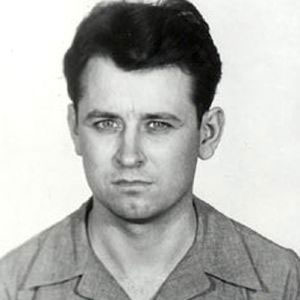
1969—The man officially convicted of assassinating civil rights leader Dr. Martin Luther King Jr. pleads guilty to the crime on this day. However, James Earl Ray promptly tried to withdraw the plea suggesting that there had actually been a government conspiracy to assassinate King, which involved the Mafia and members of the right-wing Cuban exile community in Florida. Ray admitted buying the rifle and renting the room in the Memphis, Tenn., flophouse from where the deadly shot was fired. But he maintained he gave the rifle to a mysterious man named Raoul. The House Select Committee on Assassinations would later conclude that Ray fired the shot but was probably part of a broader conspiracy.
1972—The first modern National Black Political Convention began on this day in Gary, Ind. It drew over 3,000 delegates and 500 observers as well as participation from just about every major Black political and civil rights organization in the nation. However, some moderate civil rights groups, like the NAACP, withdrew after the convention adopted resolutions critical of busing and Israeli racism against the Palestinians.
-
March 11
1874—Charles Sumner, one of the greatest White heroes of Black history, dies at age 63. Sumner became involved in politics as a powerful orator against slavery. For his efforts he was brutally beaten in the Capitol Building by a South Carolina Congressman in May 1856. But he was not deterred. It was Sumner who introduced the 13th Amendment outlawing slavery in America. He was also among those who proposed aiding the economic advancement of the former slaves by giving each Black “40 acres and a mule” through the use of government land and by seizing land from the former slave owners.
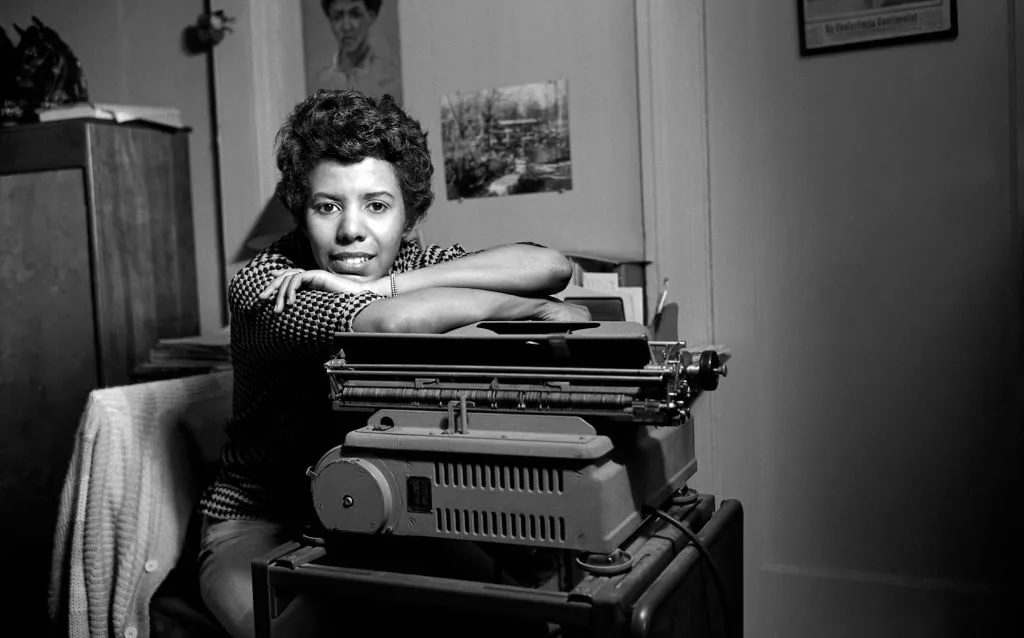
1959—Lorraine Hansberry’s play “A Raisin in the Sun” opens on Broadway at the Barrymore Theatre with Sidney Poitier and Claudia McNeil in the starring roles. With 530 performances, the play became the longest running African American-written play in Broadway history, and the first Broadway hit written by an African American woman. Hansberry’s promising career was cut short by cancer in 1965. She was only 34.
-
March 12
1773—This is the most probable date when Black explorer Jean Baptiste Pointe du Sable begins building the settlement, which would eventually become the city of Chicago, Ill. The Haitian-born (c 1745) de Sable would over time become a man of considerable wealth, owning commercial buildings, docks, trading posts and a mansion. Du Sable was the product or a Frenchman and an African woman. He died Aug. 19, 1818.
1791—Pierre Charles L’Enfant was commissioned to design and lay out the nation’s capital city—Washington, D.C. However, a dispute with President George Washington forced his departure the very next year. Thus, the final design and layout fell to Black inventor and mathematician Benjamin Banneker. Although two White men were nominally in charge of the project, historical records show that it was Banneker’s mathematical skills and his memory of L’Enfant’s plans that enabled the project to be completed.
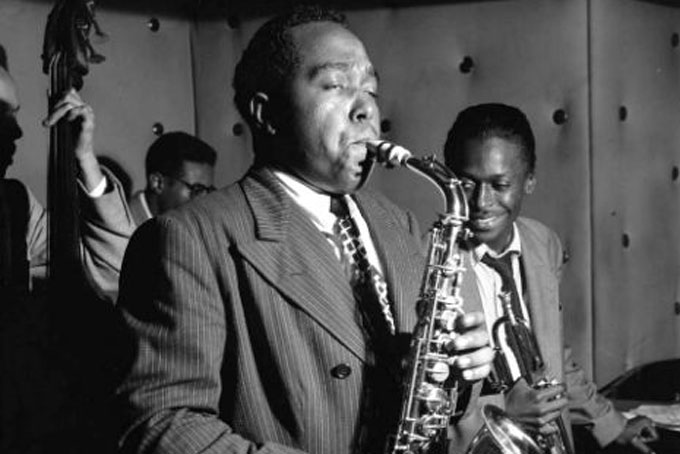
1955—One of the chief founders of modern jazz, Charlie “Yardbird” Parker, died on this day in New York City. Parker is widely considered “the greatest jazz saxophonist of all time.” His death at 35 was reportedly a result of pneumonia worsened by drug and alcohol abuse.
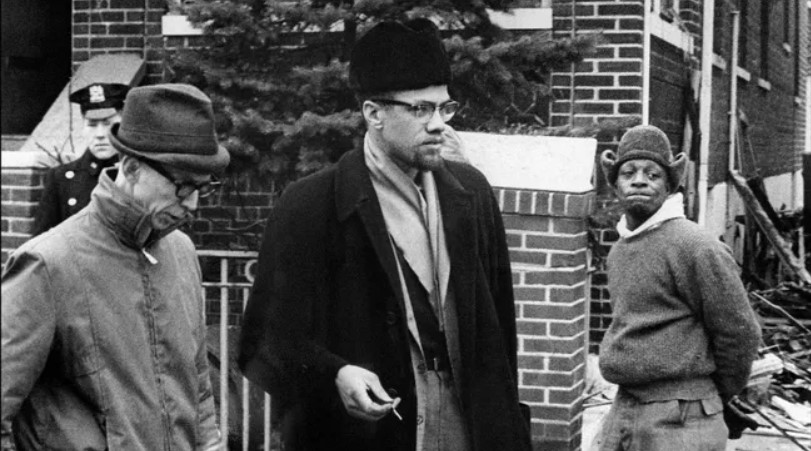
1964—Legendary Black leader Malcolm X formally separates from the Elijah Muhammad-led Nation of Islam although his initial statement of resignation was given March 8. The separation was triggered by growing differences over Islam and the proper role of religion in the Black liberation struggle as well as by Malcolm’s objections to Elijah Muhammad’s infidelities. Less than a year later, Malcolm was assassinated by men allegedly connected with a Nation of Islam mosque in New Jersey.